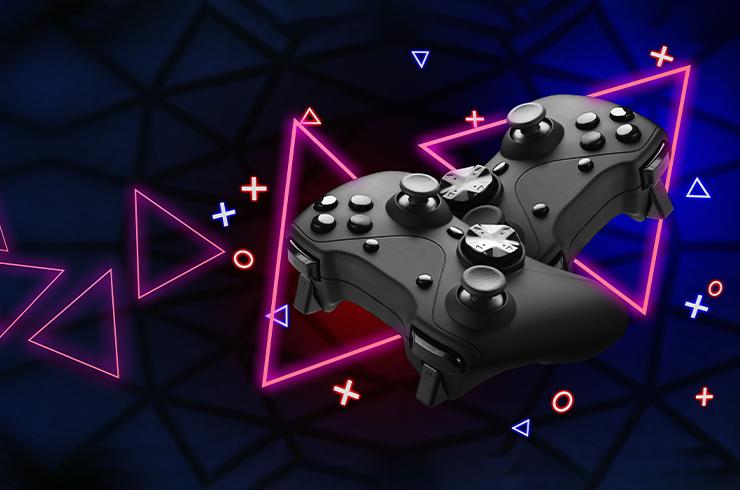A Gaming Computer, also known as gaming PC, is a personal computer that is capable of playing computationally and graphically demanding video games. They are very similar to conventional computers with the exception that these machines are fitted with performance-oriented video card and other specifications. This type of computers can be easily bought in the market but at a much higher price compared to the conventional computers. Since most of the gamers are both cost and performance conscious, most of them opt to build their own gaming computer than buying a built-in gaming computer.
Building your own custom gaming computer simply means you buy all your computer components separately and piece them up together to guild your gaming PC. With this method you can achieve a fast and cost-effective gaming computer suited to your own gaming needs. Besides saving a lot of money and having an efficient machine, building your own gaming computer can also be a lot of fun.
Table of Contents
How to choose your components?
Perhaps the biggest challenge one can face when building their own gaming computer is choosing the right components for your needs. So without further ado, here is a simple guide in order to help you in building your own gaming computer.
1. Central Processing Unit (CPU)
The Central Processing Unit (CPU) is one of the most important core components in all computer systems. The CPU is a portion in the system that carries out the instructions of a computer program. In simple terms it could describe as the brains of the computer. The performance of your games and other applications will depend on this microprocessor.
Choosing the best Central Processing Unit (CPU) for your gaming computer can be a hard decision to make. Picking the latest, fastest, or most expensive processor on the market won’t always result in the right CPU for your particular system. Some processors are designed to work with a certain or specific motherboards, thus the CPU type limits the motherboard type you can use.
For a gaming computer, you will really need a powerful CPU for it to performing superbly. Luckily these CPUs are supplied by Intel and AMD (Advanced Micro Devices) at an affordable price.
Intel has the Core i7 and Core i5 processor models. Currently these models are the most popular ones used for gaming purposes, which are mostly recommended for gaming computers.
AMD, on the other hand, has the Athlon and Phenom series. If you want to go AMD, you can try the most recommended Phenom X4 series.
2. Motherboard
The motherboard is the hub of the computer system. It is where all other components are connected to. If we consider the CPU as the brain of the computer system, then the motherboard is the central nervous system. Thus buying the best motherboard is a good investment.
After choosing your CPU, next you need to consider choosing your motherboard for your gaming computer. When selecting a motherboard, you should remember three things.
First, a motherboard will generally support one type of processor only. Different CPUs have different connectors that physically vary with one another, Make sure that your CPU plug is suitable to your mother board connector.
Second, motherboards have a certain speed limitation depending on the processor model. Maximum processor speed allowed by the motherboard will be quoted in the motherboard specifications. Before buying, check whether your selected motherboard can support your chosen CPU.
Third, motherboards are the ones who can dictate the type and amount of RAM you can have. In a gaming computer, you would want to have either DDR SDRAM or RDRAM which is at least 1G worth. So ensure that your motherboard can support this type and amount of memory.
Here are some examples of well-known motherboards death knight where you can browse for your perfect gaming motherboard: ASUS, ABIT, MSI, XFX, EVGA, Intel, and Gigabyte.
3. Hard Drive
The hard drive is the computer component responsible for storing your files and programs. When buying a hard drive for your gaming computer, consider these three main features: speed, size, and the type of interface.

